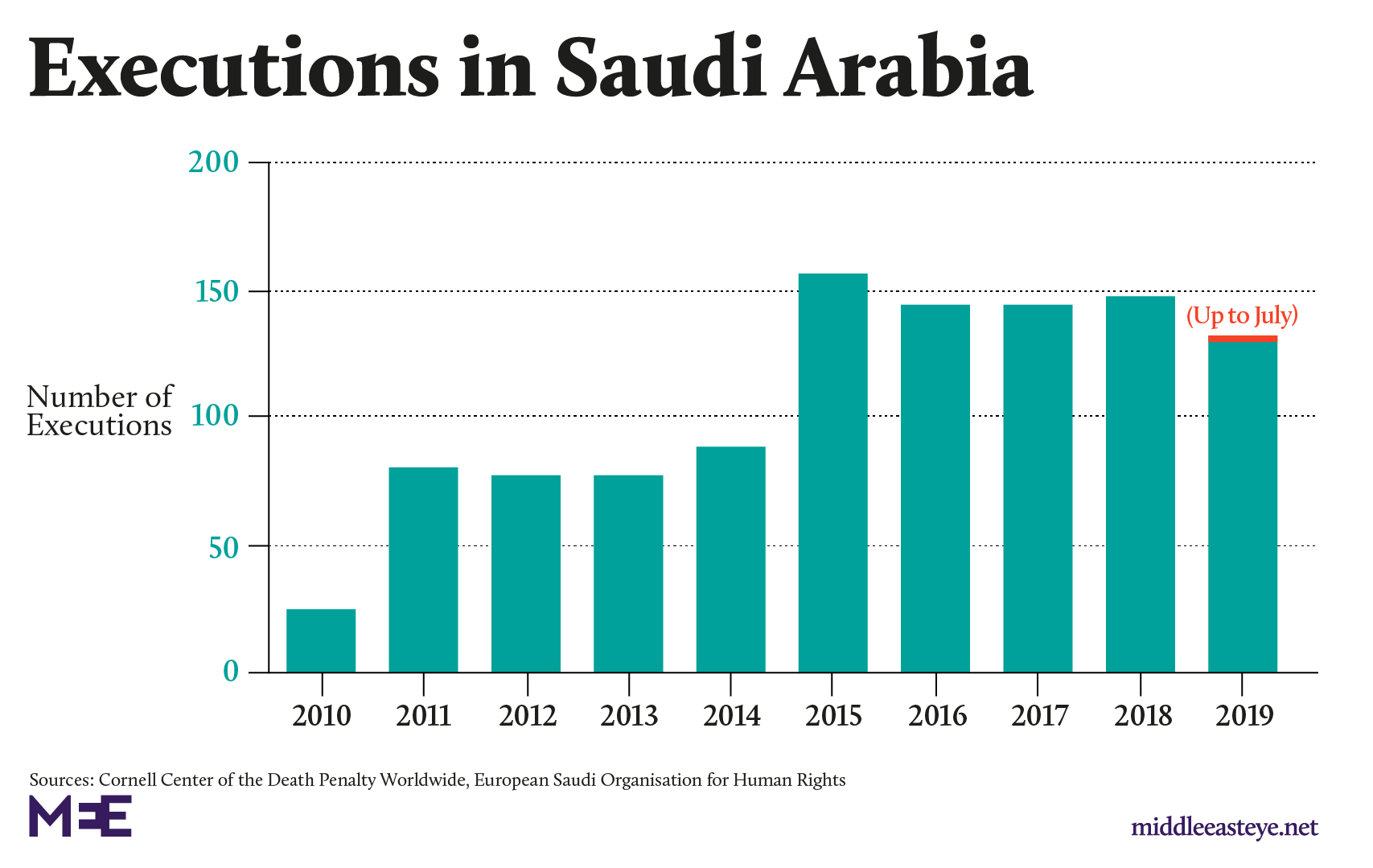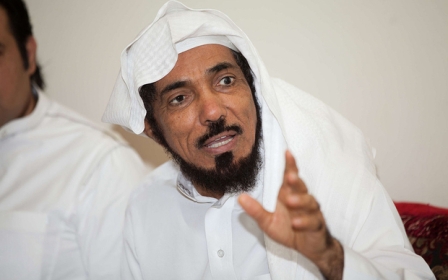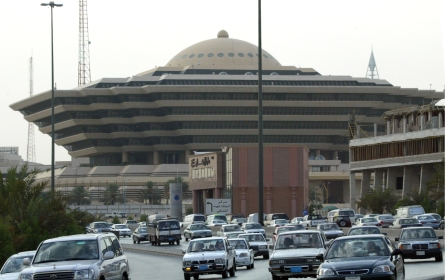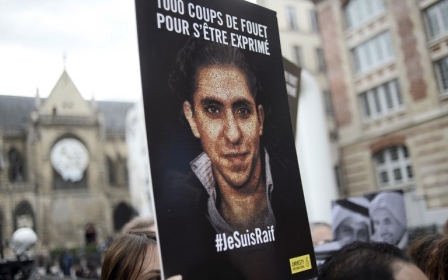G20 nations urged to boycott Saudi summit over wave of executions
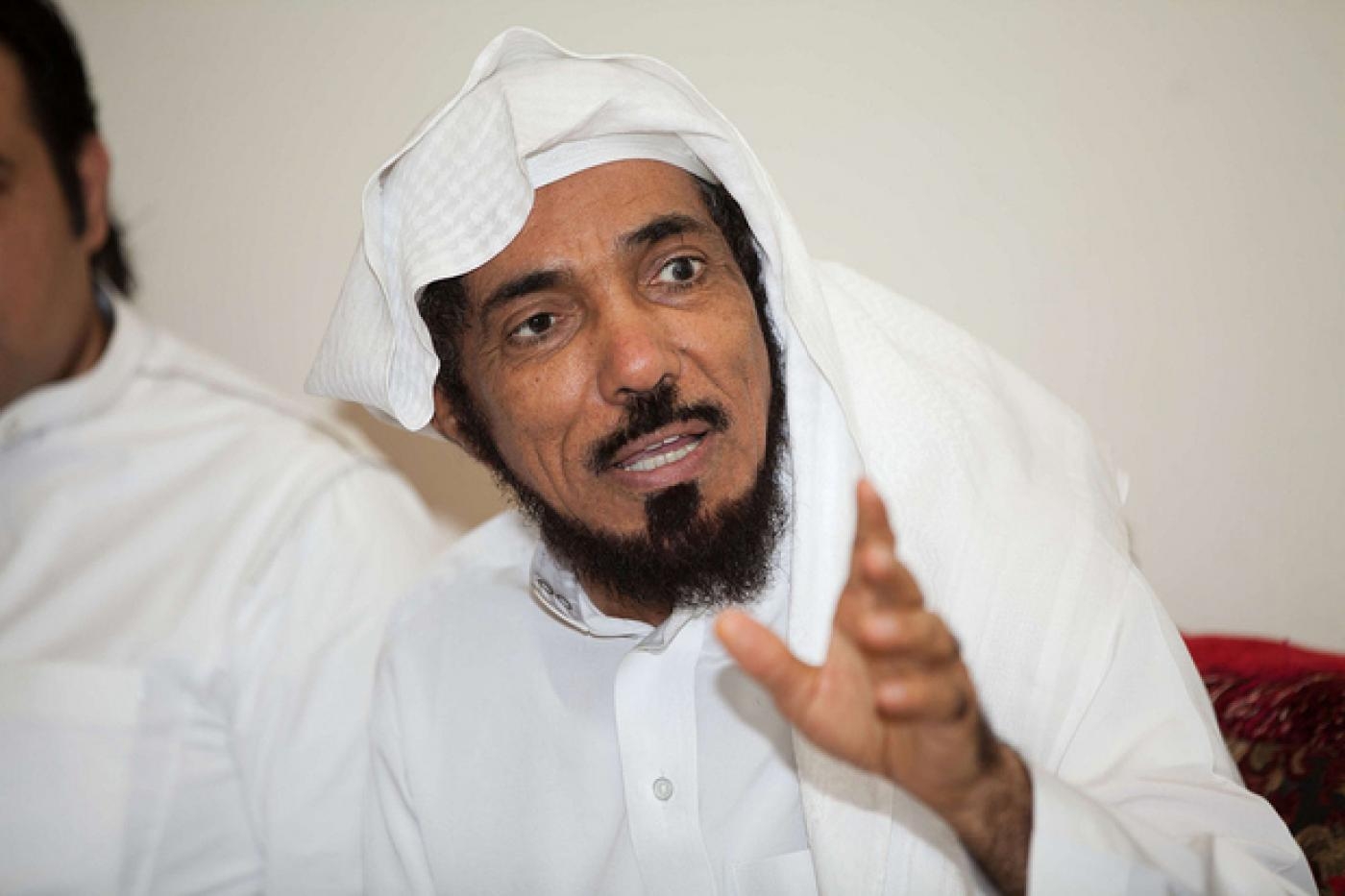
Members of the G20 should boycott next year's summit meeting in Riyadh unless Saudi Arabia immediately halts its use of the death penalty, a leading human rights lawyer and member of the British parliament said on Monday.
'People live waiting with the anxiety that it is going to happen tomorrow or the next day'
- Baroness Helena Kennedy, human rights lawyer
The report by Helena Kennedy QC, a Baroness in the House of Lords, comes with at least 24 people currently imprisoned in Saudi Arabia on protest or non-violent offences at imminent risk of execution, including renowned scholar Salman al-Odah.
"Execution of any of these 24 people would amount to a flagrant violation of international human rights norms and must be prevented at all costs," Kennedy said at the report's launch on Monday.
Kennedy was commissioned by the London-based Arab Organisation of Human Rights in the UK to investigate the kingdom's use of the death penalty and offer her legal opinion.
According to her report, 134 people have been executed in Saudi Arabia this year, a figure which she said could be higher given the lack of transparency around the use of the death penalty in the kingdom.
New MEE newsletter: Jerusalem Dispatch
Sign up to get the latest insights and analysis on Israel-Palestine, alongside Turkey Unpacked and other MEE newsletters
She said the death penalty is "particularly directed" at political opponents of the state as a way of silencing dissent, including towards religious figures and intellectuals swept up in a wave of arrests in September 2017 shortly after Mohammed bin Salman became crown prince
"The kingdom’s authorities are threatening to exercise the death penalty and people live waiting with the anxiety that it is going to happen tomorrow or the next day," Kennedy said.
A "significant portion" of those killed this year were political dissidents, including 37 who were killed in a mass execution in April following lengthy periods in solitary confinement, torture and "grossly unfair trials", Kennedy wrote.
Many of those killed were members of the kingdom's Shia minority who were arrested and killed for participating in protests in the Eastern Province, including six who were children at the time of their alleged offences, according to the report.
One of the 37 was Haidar al-Leif, a man in his 40s, whose case had been taken up by a United Nations Special Rapporteur in July 2017.
In a December 2017 letter to the UN, the Saudi government said Leif had been sentenced to serve eight years in a final judgement. The UN rapporteur then designated him as "no longer at risk" in a report released last June. He was executed less than a year later.
“So peoples' public utterances seem to have no meaning,” Kennedy said of al-Leif's case.
In addition to Odah, a scholar known for his liberal views, the 24 at imminent risk of execution include clerics and scholars Awad al-Qarni and Hassan Farhan al-Maliki, and Ali al-Omari, a popular broadcaster who has supported women’s rights.
Odah has yet to stand trial after being arrested in September 2017 and charged with offences including 37 counts of terrorism for which the state prosecutor is seeking the death penalty.
Other charges Odah faces include allegations of exposing “injustices towards prisoners” and of “expressing cynicism and sarcasm about the government’s achievements”.
On Sunday, Odah's son said his father's trial had been postponed for several months, with his next court appearance scheduled for December.
Kennedy said the mode of execution was also "shocking". Most of those killed are beheaded, frequently in a group. "In some cases, mutilated bodies are left on display for extended periods, rather than being disposed of quickly and with dignity," she said.
The remains of the deceased, she added, are routinely not returned to families who frequently are not told where their loved one has been buried.
The rate of executions in Saudi Arabia has increased substantially since the Arab uprisings that began in 2011. "Should executions continue at this rate, the 2019 death toll will far exceed all previous recorded totals," she wrote.
In addition to halting the use of the death penalty, she recommends that the kingdom publish comprehensive information about who is on death row and explain why they are there.
She also said an international fact-finding mission by a politically neutral organisation should investigate concerns raised by her report and ensure the safety of those identified as at risk within it.
If the kingdom fails to comply with her recommendations, all G20 members should refuse to participate in the summit scheduled for November 2020.
"Once the rule of rule of law has been undermined...then I’m afraid the rule of law becomes meaningless. And that is dangerous for all of us," she said. "We cannot simply in the name of trading turn a blind eye to this."
Middle East Eye contacted the Saudi embassy in London for comment but had not received a response at the time of publication.
Middle East Eye delivers independent and unrivalled coverage and analysis of the Middle East, North Africa and beyond. To learn more about republishing this content and the associated fees, please fill out this form. More about MEE can be found here.


